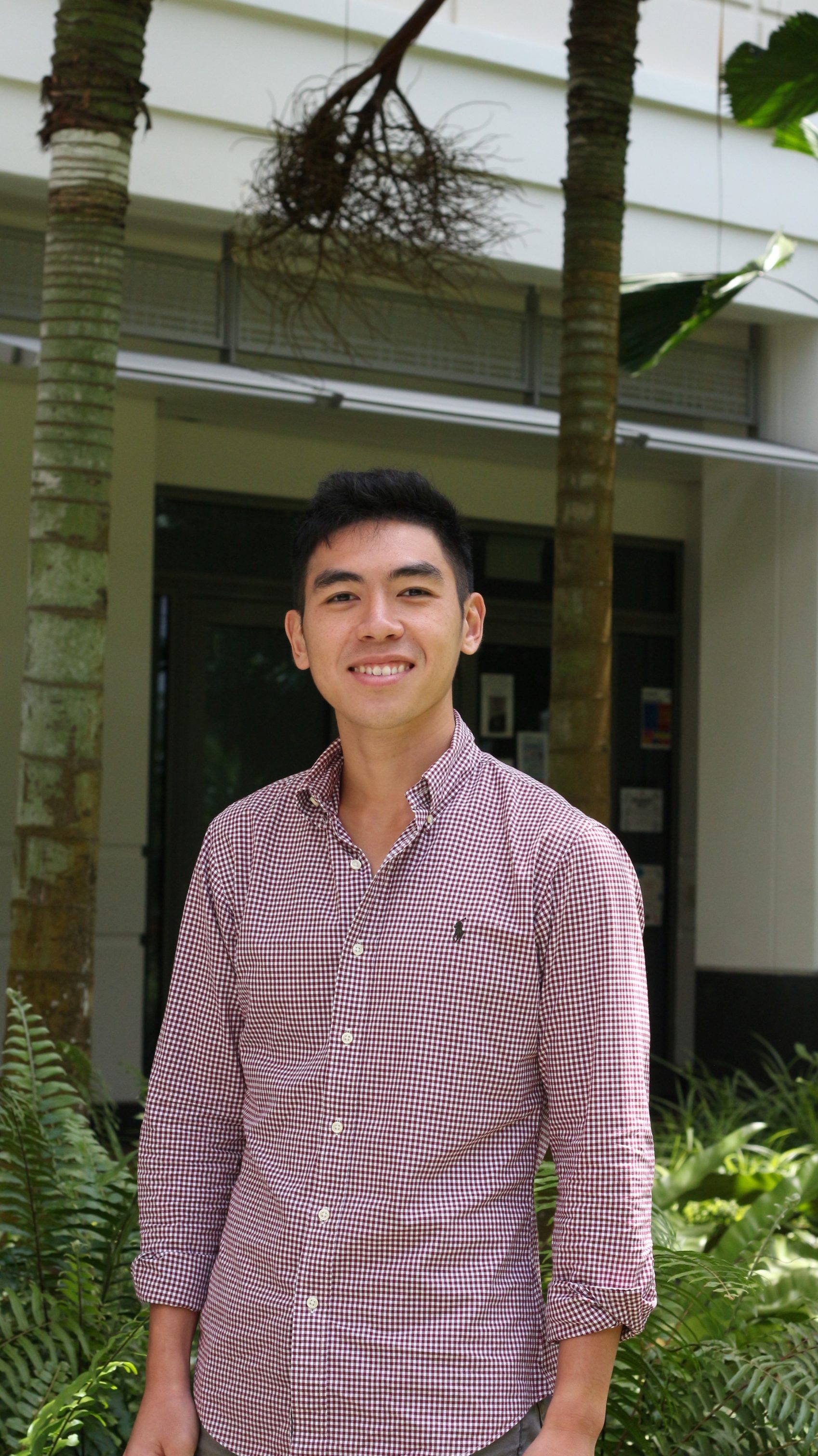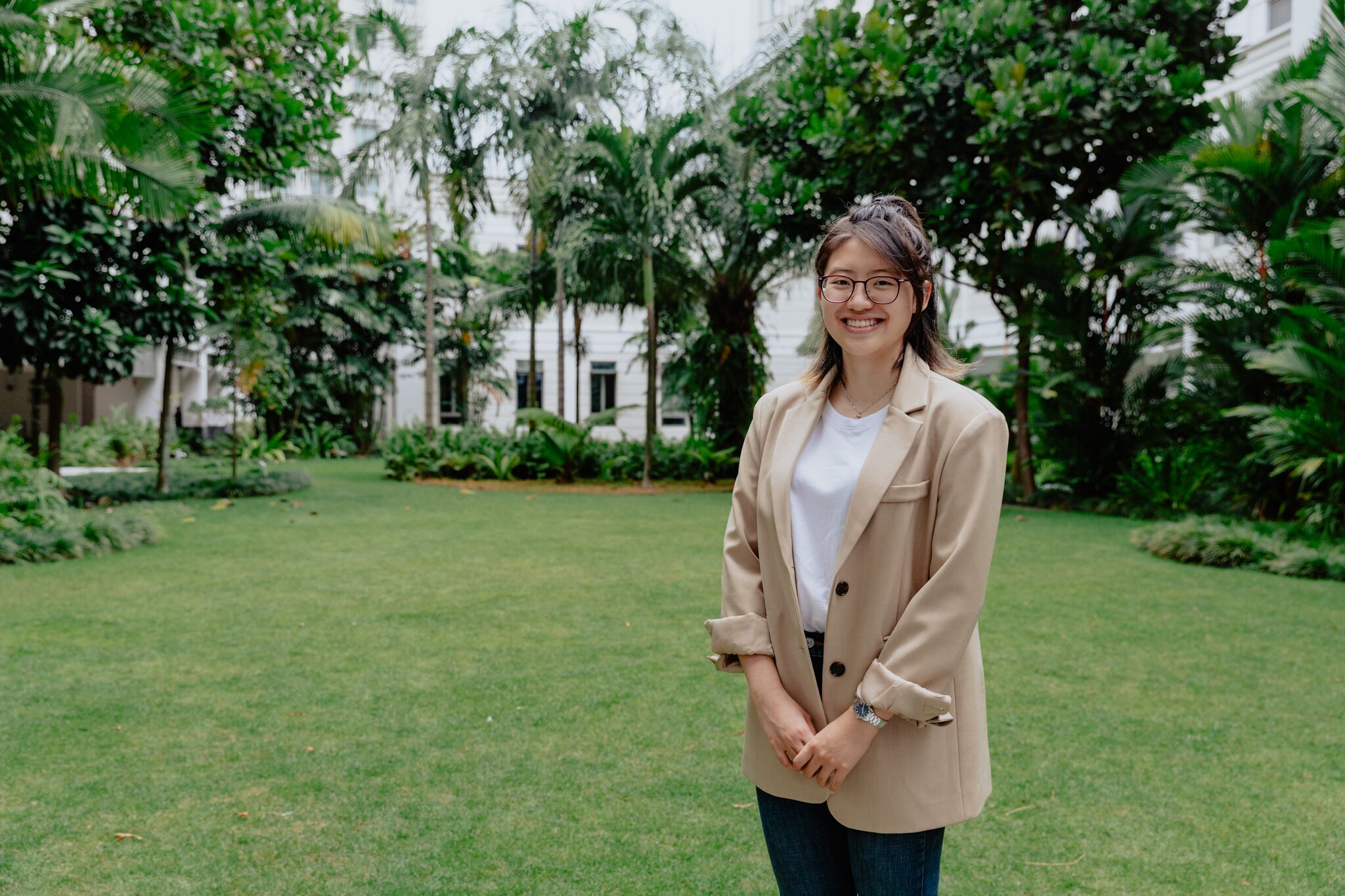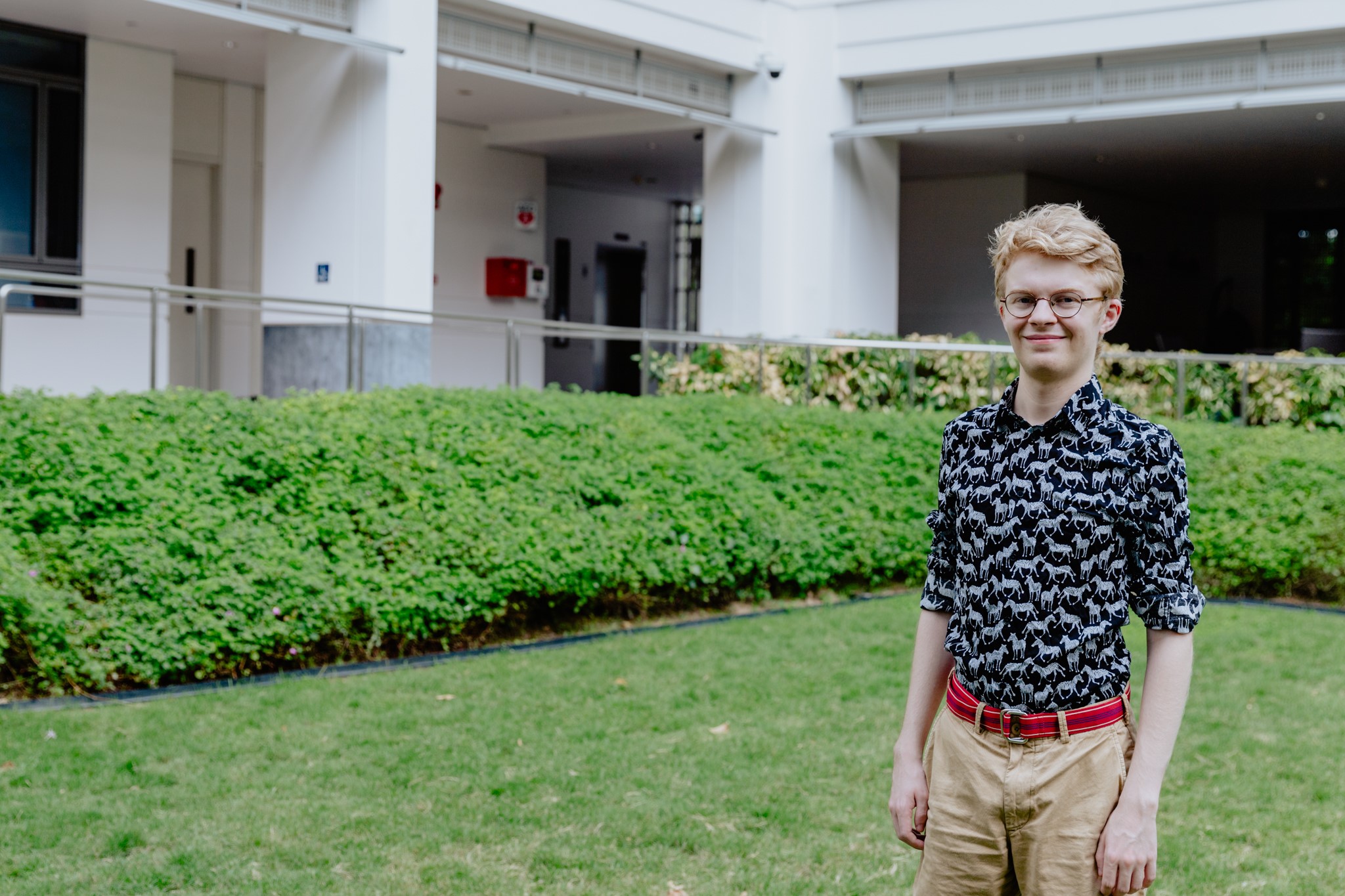Yale-NUS students embark on postgraduate law endeavours
Law and liberal arts are often regarded as vastly different academic fields – the former seen as a more rigorous and specialised professional discipline while the latter advocates for a more expansive intellectual grounding in social sciences, sciences and humanities. However, at Yale-NUS College, law and liberal arts are two academic fields that complement each other. In conjunction with the Faculty of Law at the National University of Singapore, Yale-NUS College offers a competitive and innovative five-year Double Degree Programme (DDP) in Law and Liberal Arts.
“DDP students do not simply study law from the ‘lawyer’s’ perspective. They learn to open their hearts and minds to the many ways of interrogating law’s place in the social worlds that they live and will live in,” said Associate Professor of Social Sciences (Socio-legal Studies and Law & Society) and DDP Head of Studies Lynette J. Chua.
 Louis Ngia (Class of 2020) will be working as a Deputy Public Prosecutor in the Attorney-General’s Chambers. Image provided by Louis Ngia.
Louis Ngia (Class of 2020) will be working as a Deputy Public Prosecutor in the Attorney-General’s Chambers. Image provided by Louis Ngia.
As the end of the 2019/2020 academic year approaches, the third batch of DDP students are gearing up for their post-graduate journeys. Louis Ngia (Class of 2020) is one of them and he will be working as a Deputy Public Prosecutor in the Attorney-General’s Chambers.
Looking back at his choice to join the DDP, Louis explained that while he wished to specialise in law, he also wanted to expose himself to as many fields of knowledge as possible. “Knowledge of the law is empowering, but I did not want to silo my intellectual worldview so narrowly just yet.”
During his time at Yale-NUS, he grew to appreciate the value of its diverse student population. For one, he lived with a life-science researcher, an ardent Nietzschean philosopher, an archaeologist, and a computer scientist over the course of five years, and their incredible passion about their fields inspired him. Moreover, the diversity of opinion on campus also challenged him to be more empathetic in his speech and thoughts. “It forced me to ask myself if I have thought about a particular matter from a different context. I find this empathy and flexibility in thinking will set Yale-NUS DDP students up well for a future in the legal field”.
 Jo-Ann Heng (Class of 2020) will be working on international arbitration and commercial litigation at a local firm. Image by Ashbel Chioh for Yale-NUS College.
Jo-Ann Heng (Class of 2020) will be working on international arbitration and commercial litigation at a local firm. Image by Ashbel Chioh for Yale-NUS College.
Jo-Ann Heng (Class of 2020) will be heading to a local firm’s general litigation practice to work on international arbitration and commercial litigation. Similar to Louis, she felt that a professional degree in law would have limited her ability to learn about other disciplines; rather, she wanted her college experience to have more open-ended learning. She spent the last five years developing her interests in literature and theatre alongside law, and ended up completing a minor in Global Antiquity.
It was one of the first-year Common Curriculum lectures on The Odyssey by Associate Professor of Humanities (Literature) Mira Seo that first sold her on the idea of studying classics. For the rest of her time in College, she primarily took up literature and history classes on ancient Greek and Roman civilisations. “One thing these classes really train you to do is to listen carefully to the other side and thoroughly consider various viewpoints, which is an important skill to have when practising law,” she explained.
Although she initially struggled to connect the dots between the classics and law, she ended up melding the two in her final-year capstone project where she used Greek tragedy as a useful interpretive tool to understand the law. More specifically, she used the interpretative paradigm of Sophoclean scenes of yielding and Aristotelian recognition to understand Prime Minister Lee Hsien Loong’s 2011 political apology.
“When I was interviewing for my training contract, a senior lawyer had actually looked through the list of classes I took at Yale-NUS and said that it seemed like I had a lot of fun in school. It was a genuine remark from him and I think he was sincerely glad to see the courses I’d taken, mostly because he wished he could have taken those classes himself,” Jo-Ann added. “Classics and law may not be wholly complementary, but I’ve certainly benefited from an exceptionally enriching and enjoyable learning experience”.
 Michael Smith (Class of 2020), a Philosophy major, will be enrolling in the University of Wisconsin-Madison Law School Juris Doctor (JD) programme. Image by Ashbel Chioh for Yale-NUS College.
Michael Smith (Class of 2020), a Philosophy major, will be enrolling in the University of Wisconsin-Madison Law School Juris Doctor (JD) programme. Image by Ashbel Chioh for Yale-NUS College.
Lastly, aside from DDP students, the study of liberal arts in itself also puts students in good stead for a postgraduate law education. Michael Smith (Class of 2020), a Philosophy major, will be enrolling in the University of Wisconsin-Madison Law School JD programme. His decision to pursue law stems from his concern over the ecological crisis that the world is facing.
“In a time of world-historic crisis, we need to act. Given my skills and my training in philosophy, I’ll best be able to act if I study law. Studying law can translate into work doing advocacy, community organising, public policy or politics, all of which are sorely necessary if we are to endure what’s coming,” he shared.
He added that studying philosophy, specifically, had equipped him with the necessary skills to study law. For example, he pointed out that Assistant Professor of Humanities (Philosophy) Cathay Liu’s class, Introduction to Mathematical Logic, gave him plenty of practice in “parsing difficult texts, breaking down and diagramming arguments, and doing close reading”. All these skills came in handy when he did the Law School Admission Test (LSAT) and have him well placed for his postgraduate degree.
As Karl Marx once said, “The philosophers have only interpreted the world, in various ways. The point, however, is to change it.” And lawyers, who have had their world views broadened and their intellectual inquiry in the social sciences and humanities deepened through a liberal arts education, are best primed to enact profound change in society.





